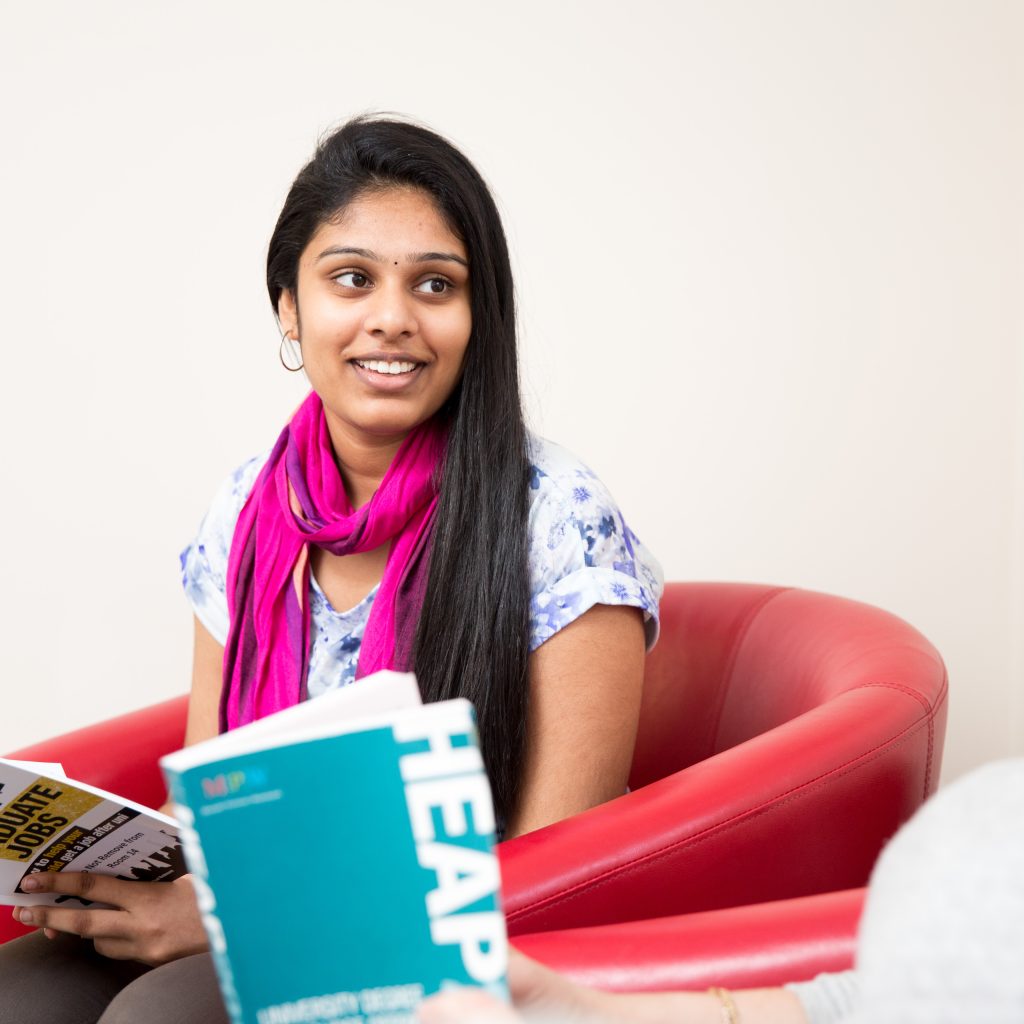What could be a more enjoyable way to gain a top grade at A level than by spending a few hours a week in the company of some of the most wonderful writers the world has ever known? The study of Classical Civilisation at A level is both a pleasure and a privilege. Epic stories of love, tragedy, war and heroic quest, featuring vivid and dramatic characters wrestling with eternal human problems, as well as outrageous comedy which is sometimes so filthy it would never be allowed on the telly today – Classics has the lot.
Taught by very experienced staff, who are passionate about the subject, you will learn to read and write to university level on this course and learn a lot about people, societies, culture and politics that are fascinating in themselves and highly relevant to the concerns of today’s world. If you liked English or other Arts subjects at GCSE, we’d be very surprised if you didn’t like Classics at A level.
Classical Civilisation Courses
Two Year A Level
This course is the best way to give yourself a classical education without having to know any Greek or Latin. Here is what you will be studying:
Unit 1: The world of the Hero – Homer’s Iliad and Virgil’s Aeneid
Homer’s epic poem is the foundation-stone of Western literature. The Iliad tells the story of Achilles, the greatest of the Greek heroes in the Trojan War, his quarrel with the Greek leader Agamemnon and the “thousand-fold pains” his anger brought to all around him. The poem sets out timeless questions about the nature of human life and its meaning, the relations between men and women, between men and gods, and between man and himself. The idea of heroism in Homer’s poem is similar to, but also in important ways different from that in the second epic studied in this unit – Virgil’s Aeneid. Composed about 700 years after Homer’s poem, in the new emperor Augustus’s Rome, its attitude to the war, suffering and the times in which Virgil lived mark it out as a more complex, modern and problematic narrative.
Unit 2: Greek Theatre
Sophocles: Oedipus the King
Euripides: The Bacchae
Aristophanes: Frogs
The most significant Greek dramatists established for all time tragedy as the most important of all literary genres. You will study two such plays in the context of the 5th century BC in Athens. One of the plays recounts the nightmare-come-true of the life of Oedipus, and the other the terrifying fate of Pentheus, who finds himself in conflict with the god, Bacchus. The third play, Aristophanes’ Frogs, is also from 5thcentury Athens – but it’s very different: a fantastical comic journey to the Underworld, filled with satire, slapstick and absurdity but with some serious messages for its audience too. Students will also look at images taken from vase-paintings and other sources to develop their understanding of the conditions of ancient theatre.
Unit 3: Politics of the Late Republic
The Late Roman Republic was a period of upheaval and conflict, which eventually led to the downfall of the Republican state and the rise of the Roman Emperors. In this component you will study the political events and ideas of the period from the retirement in 79BC of Sulla, the bloody victor of Rome’s first set of civil wars to the death of Cicero in 43 BC. The exploration of the very different ideas of three contemporary political figures brings this tumultuous period to life for learners and moves beyond simply studying ideals and into discussion of the practical difficulties familiar to states throughout history, and explores the ways in which the later Republic changed and ultimately fell. The final two topics are devoted to an in depth study of two of Cicero’s major works: his courtroom speech against Verres, the rapacious governor of Sicily, and a selection of his letters.
One Year A Level
The department also has a highly successful one-year intensive A level, which most students take from scratch, with no previous knowledge of the ancient world or its literature. The department allows additional tutorials to ensure the course is completed in time. You will need to have some interest in literature and a willingness to work hard, but with this, a high level of success is more than possible. Students regularly achieve top grades on this course.
Classical Civilisation is taught by two expert teachers with years of successful A level teaching behind them.



